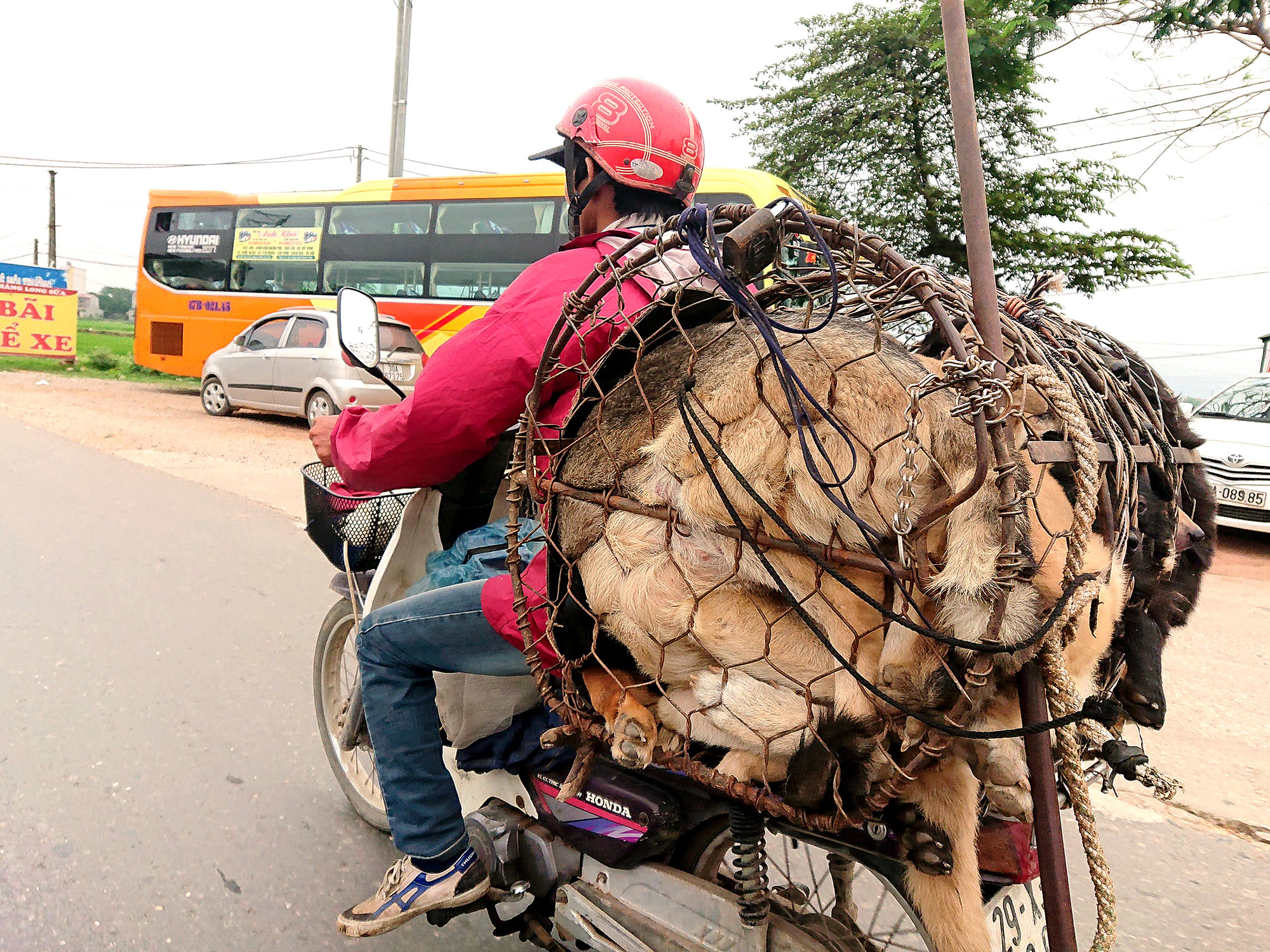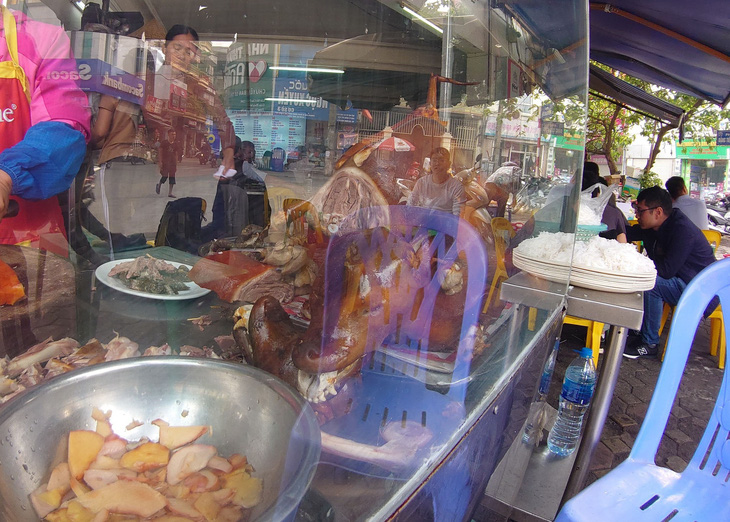As South Korea takes a historic step by banning dog meat, attention turns to Vietnam, raising questions about whether the Southeast Asian country will follow suit.
On January 9, South Korea’s parliament passed a bill to ban the consumption and sale of dog meat, a move that will end the controversial centuries-old practice amid growing support for animal welfare, according to Reuters.
The legislation, which states its purpose is “to eradicate the consumption of dogs,” will take effect after a three-year grace period.
Following the passage of the dog meat ban in South Korea, the international community is again urging Vietnam and other countries that still permit dog meat consumption to take similar action.
“This positive development in South Korea fuels our hope for a similar change in Vietnam’s future,” Thailand-based animal welfare group Soi Dog Foundation wrote in a Facebook post celebrating South Korea’s groundbreaking law.
“We are working towards enacting laws and legislations to put an end to the gruesome practice of dog and cat meat trade and consumption across Vietnam, the Philippines, and Cambodia.” [sic]
The consumption of dog meat in Vietnam is historically rooted in beliefs associating it with dispelling bad luck or considering it a delicacy.
According to a February 2020 report on the dog and cat meat trade in Southeast Asian countries by Austria-based global animal welfare organization Four Paws, roughly five million dogs are killed for their meat each year in Vietnam, making it the second-biggest consumer of dog meat in the world after China.
Dogs destined for the meat trade largely come from the theft of pets or the capture of strays from the streets, which often employ cruel methods such as poisoned bait or painful taser guns, animal protection orgnization Humane Society International claimed.
|
|
| A dog meat restaurant in Hanoi. Photo: Nam Tran / Tuoi Tre |
Debates over dog meat consumption in Vietnam have intensified, driven by a gradual shift in attitudes toward the practice, especially in urban areas where more people are keeping dogs as pets.
This increased dispute has been influenced by animal activists in and out of the country, health regulators, the government, globalization, and expanding market development.
A Four Paws survey conducted in early 2021 across Vietnam found that the majority of Vietnamese want their government to take action, with a total of 91 percent saying the trade should be banned or at least discouraged.
When asked if they would support a ban on the dog and cat meat trade, 88 percent of the respondents said that they would be in favor of such a measure.
Through collaborative efforts between local authorities and Four Paws, Hoi An City in central Quang Nam Province is making strides toward becoming the first dog meat-free locale in Vietnam, with the number of dog meat restaurants in the renowned tourist destination dropping to just two as of December from 15 before 2015.
In 2019, the Food Safety Management Board in Ho Chi Minh City urged people to stop consuming dog meat, highlighting significant health risks associated with such consumption and appealing to the public sentiment surrounding the matter.
One year before that, Hanoi officials called on residents to eat less dog meat in an effort to protect its image as a “civilized and modern capital” and halt the spread of diseases such as rabies.
|
|
| A collage of screenshots features Facebook posts calling for action from Vietnam against dog meat consumption. |
This call has garnered significant attention and elicited a diverse array of comments from both the general public and experts.
Support for the call stems from several key factors, including the emotional bond between humans and dogs, with the canines increasingly regarded as family members.
Additionally, globalization has compelled nations to prioritize their image as civilized and modern, and there are numerous public health concerns related to the consumption of dog meat.
However, there are opposing viewpoints that do not endorse the practice but argue against an outright ban.
According to Nguyen Dinh Minh, former deputy director of the National Institute of Veterinary Research, consuming dog and cat meat should neither be promoted nor prohibited.
He argued that each ethnic group, region, and country has its own cultural nuances, such as Muslims abstaining from pork, Hindus avoiding beef, or Buddhists refraining from dog meat.
A diverse, multi-ethnic, and multicultural society should not be subjected to a point-blank prohibition, as that would be too extreme.
However, there is a need for a more appropriate management approach that ensures the humane treatment of animals and maintains food hygiene standards.
Like us on Facebook or follow us on Twitter to get the latest news about Vietnam!

















































